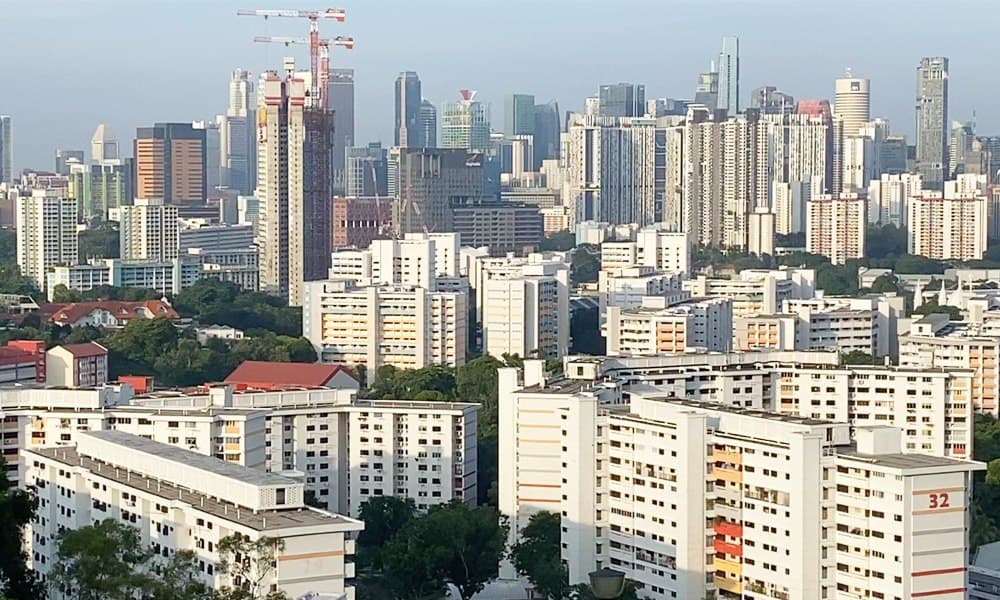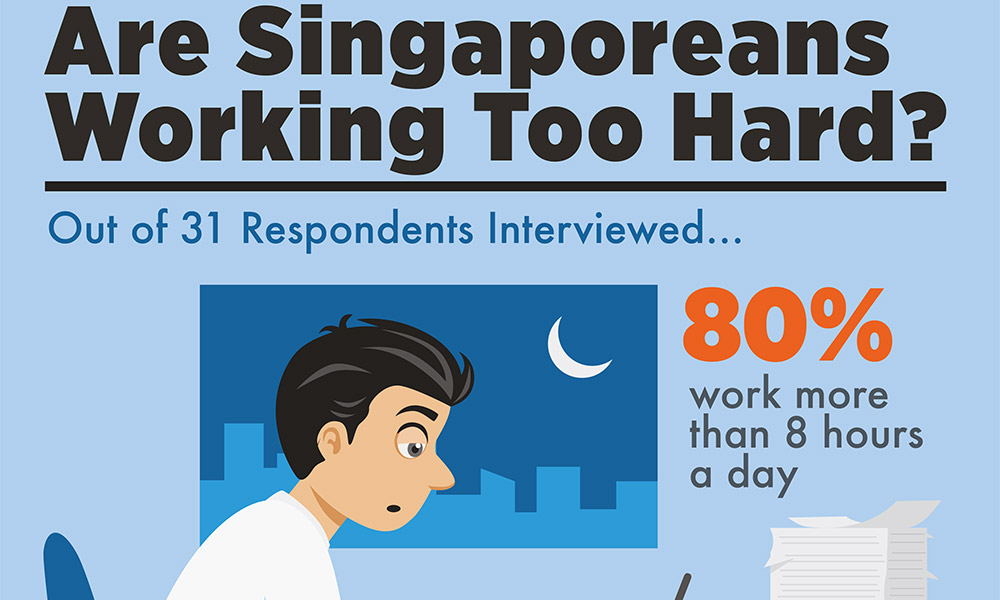When Mr Malik Sani received the call from a buyer who was willing to purchase a three-room flat in Bedok at the price he advertised without any on-site viewing, he thought it was a prank.
“Can you transfer the deposit to my seller and then I’ll proceed with the paperwork,” Mr Malik told the buyer.
To his surprise, upon receiving the account info, the buyer transferred the money to the seller right away.
It was a unit that Mr Malik had been marketing for almost a year since 2019. Despite being offered at a very reasonable price with no restrictions imposed on on-site viewing back then, no one showed interest in the unit.
Market dynamics have completely changed, however, since last year’s circuit breaker.
“So I was like, this is really happening,” said Mr Malik, associate senior district director of Singapore Realtors Inc (SRI).
With HDB’s resale application submission service available online, Mr Malik guided both the buyer and the seller through the process of valuation, application submission and endorsement. “So there’s not much physical activity needed. Everything is online.”
“In April [2020], I closed about seven transactions in HDB and private resale. So that’s quite impressive…because by sitting at home we can get this thing done,” said Mr Malik.
HDB Resale Prices Continue to Rise
The second quarter public housing resale price posted a 3.0% increase compared to the first quarter of 2021, based on data released by the Housing and Development Board (HDB). It is the fifth consecutive growth since 2020 Quarter 2.
Since last year’s circuit breaker, the HDB resale market saw the biggest quarterly price growth of 3.1% in the fourth quarter of 2020.
The number of resale applications, however, dropped by 6.8%, from 7581 transactions in the first quarter to 7063 transactions in the second quarter of 2021.


Delays in build-to-order (BTO) flat construction is one of the factors that has fuelled the increase in demand for resale flats, said OrangeTee & Tie’s senior vice president of research and analytics Christine Sun in an interview with Channel NewsAsia.
Mr Malik sees a similar trend: the increasing demand arising from failed BTO and Sale of Balance Flat (SBF) applications will continue to push up HDB resale prices.
“When the government announced the BTO and SBF results which just [came] out in June, the last day of June…those people who [didn’t] get selected will go out to the resale market to buy again. So this is where the market starts to become active again.
“I feel it will continue until the end of the year not only for HDB but private residential (properties) as well,” added Mr Malik.
Sellers who have agreed to proceed with the transaction will eventually enter the market as buyers again to purchase their next flats, which is almost like a domino effect that continuously keeps the market active, according to Mr Malik. This is another factor contributing to the rising price.
Buy First Before You Sell
Singapore’s property market has turned into a seller’s market since the city-state was hit by the pandemic.
Citing a recent experience, Mr Malik recalled that for one listing of a three-room flat in Bukit Batok, he received between 10 to 20 calls over the weekend.
With soaring demand but limited supply of available flats, even sellers are advised to look for a desirable unit to purchase first before they sell their own units.
“The market has changed, so we don’t sell the unit. We put up the unit on the market, but we don’t really sell [it] and we go out to search for a unit to buy first,” said Mr Malik.
The selling strategy was completely different during pre-pandemic times, however.
“Before 2020, we [as] agents will try to sell the unit first before we bring out the client to view and purchase the unit they wanted to buy. Because the market moved differently, it was more difficult to sell than to buy,” said Mr Malik.
The time taken to sell a unit is also shortened.
In 2019, it may take about three to six months to sell, for example, a five-room flat in Choa Chu Kang. Now, it takes about two and a half months to complete the transaction, according to Mr Malik.
Work-From-Home Arrangements Boost Demand for Larger Units
“The husband will sit in the living room, you know, a typical three-room HDB flat which is about 67 square metres. So the living space is occupied by the husband facing [one side of] the wall.
“Then the wife sits in the kitchen. There’s a small dining space in the kitchen which the wife occupies for work. The [two] children have their rooms to study [in].
“The husband cannot get to the kitchen and the wife doesn’t walk so much. Everyone has to not talk too loud,” Mr Malik explained, recalling how his clients’ family had to struggle with work-from-home arrangements in a small unit.
On average, out of eight clients that Mr Malik represents, three are downsizing their homes while five are upgraders.
Those who look to upgrade to bigger homes are mostly in their 30s and early 40s, motivated by the need for more space due to work-from-home and study-from-home arrangements and growing family sizes.
Downgraders are usually seniors in their 50s or 60s. Some of them choose to sell their bigger flats and move into smaller homes to pay off mortgages and free themselves from housing loans.
Five-room HDB flats are particularly popular among upgraders. By converting the study room into an enclosed bedroom, they can have in total four bedrooms for the husband, the wife, and the children to work and study inside. They can also walk around in the living space and cook in the kitchen without disturbing one another.
Do Your Financial Planning Before Riding the Trend
The trend is clear: both the demand and the price for flats are soaring.
Cash over valuation (COV), which is the difference between the price of a resale flat and its actual valuation that can be paid only in cash, has been increasing. To put it simply, more buyers are willing to overpay for HDB resale flats.
“They don’t mind paying cash over valuation because they just want a unit [and] they know if they don’t [take it], someone else will buy and the price will get higher,” said Mr Malik.
For potential sellers, Mr Malik has a suggestion: “If you need to sell and plan your next journey, do so now.”
For those who intend to buy, however, Mr Malik advises against impulse buying.
“Do your calculation first [and] make sure you can afford it. Don’t jump into buying just because everyone rushes to buy.
“So you must do your financial calculation and work on the long-term plan,” shared Mr Malik.

















